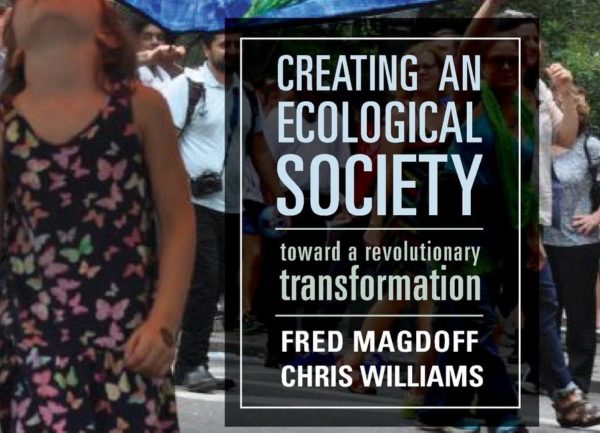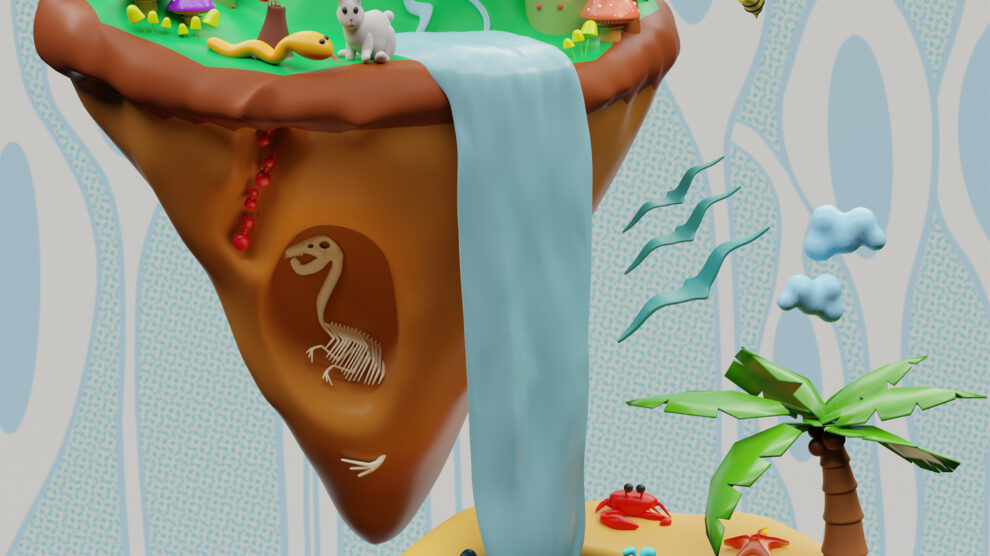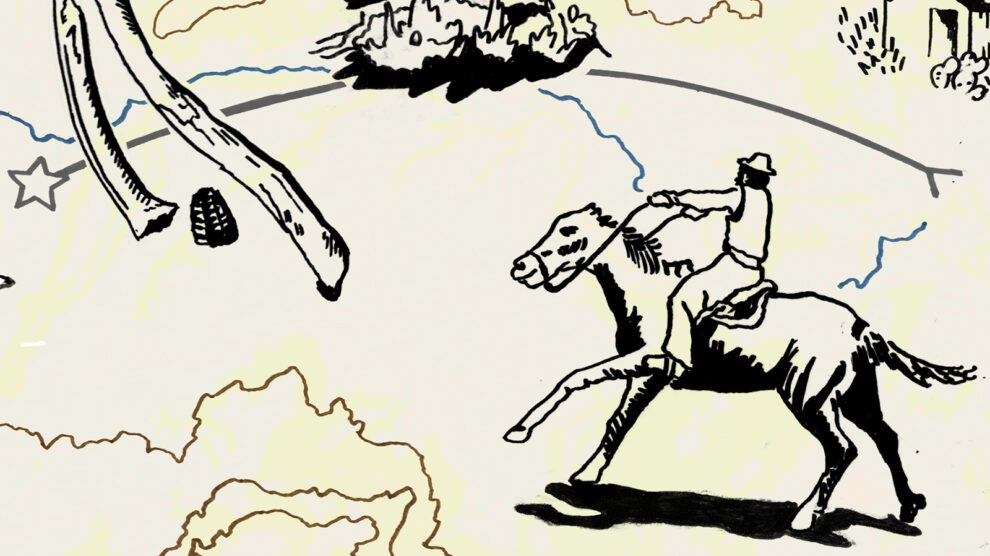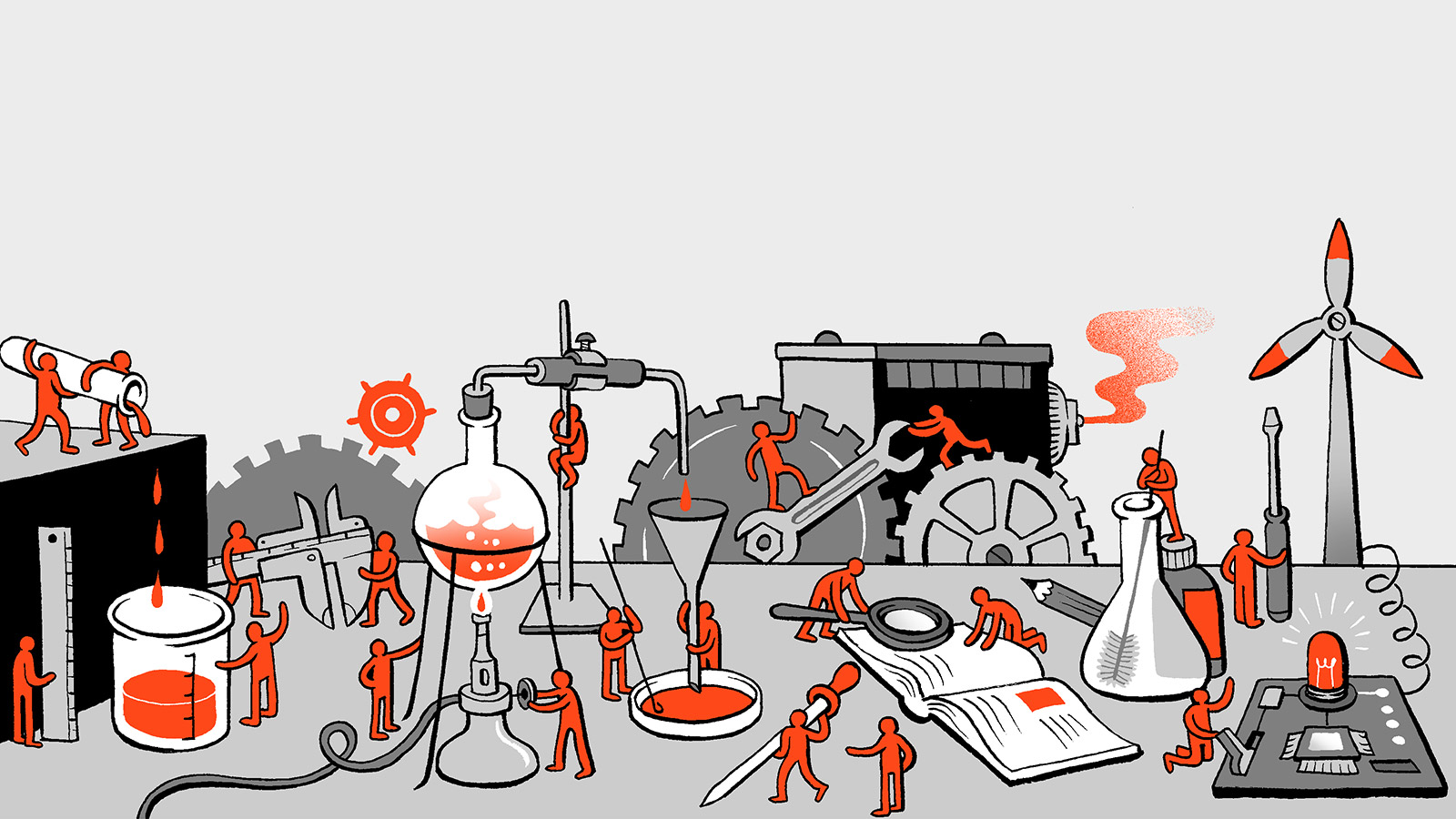A Guide to Action for Advocates of the Green New Deal
A Review of Creating an Ecological Society: Toward a Revolutionary Transformation
By Jamie Bemis
Volume 22, number 2, Envisioning and Enacting the Science We Need

Creating an Ecological Society: Toward a Revolutionary Transformation is an important and timely book for two reasons. First, the authors merge two rich areas of discourse— environmental conservation and anti-capitalism—in a seamless narrative that underscores both the urgency of our times and the opportunity of the moment. Second, authors Fred Magdoff and Chris Williams describe how creating an ecological society based on a set of shared values can directly improve the lived experience of individuals across the globe while restoring damaged ecosystems and creating a balanced biosphere. The urgent call for a new way of living that is more in harmony with nature resonates deeply in a moment when the climate movement is gaining momentum. The book presaged the historic Green New Deal legislation put forth by Representative Alexandria Ocasio-Cortez and Senator Ed Markey and championed by the Sunrise Movement. When viewed through the lens of the Green New Deal, Creating an Ecological Society reads like a framework for action that speaks directly to individuals and organizations poised to make an impact on issues like sustainability, climate change, and food and water security.
The introduction of the Green New Deal legislation in February 2019 marked a turning point in the climate movement. For the first time in a generation, environmental activists felt listened to and heard. The Green New Deal presents a shared vision for the movement and specific and actionable goals, and has reenergized momentum after years of tireless organizing, worsening climate disasters, and the increasingly urgent warnings of climate scientists. Researchers have repeatedly alerted us to the short timescale remaining for effectively curbing global warming and preventing the worst of the anticipated consequences.1 In light of this, waiting for elected officials to pass legislation is not a sufficient tactic given the magnitude of the global climate emergency. Urgent action is needed now. So how can individuals and organizations create the future that we know is needed to live sustainably and to ensure the longevity of our species? Creating an Ecological Society takes up this question by outlining a series of characteristics, principles, and values that are beneficial to creating balanced natural and social systems that allow humans and nature to harmoniously coexist. This defining feature of the book is an important contribution to contemporary discourse on sustainability and resilience that is relevant to communities around the world.
When presenting a vision for the ecological society of the future, Magdoff and Williams reference two main sources of inspiration. The first is nature itself. The authors describe natural cycles and outline how characteristics like diversity, complex interconnected cycles, and cooperation that are useful in the natural world are also beneficial to human society. By learning from nature and modeling similar characteristics in our societal relationships, a more balanced and ecologically appropriate society can be achieved. Second, ideas are drawn from Indigenous communities that practice ecological techniques of traditional agriculture. In particular, buen vivir—a Spanish translation of the Quecha phrase, sumak kawsay, the belief that everyone can live a good life while living and working in harmony with nature—is presented as a case study of the types of principles that should guide an ecological society. Collectively, these sources provide myriad lessons about how society can be restructured to enable healthy, fulfilling lifestyles for the many instead of the wealthy few.
In the final chapters of Creating an Ecological Society, the authors pull together the various threads of climate change statistics, scientific theory, and political and social theory into a powerful case for a society in which humanity thrives alongside nature. The authors call for a society in which we are able to “maintain the longterm health of the biosphere while equitably providing for human needs. People will eat healthy food, live in housing in well-designed cities or rural communities, breathe clean air, drink clean water, have access to good sanitation facilities, pursue health promoting cultural, intellectual, and physical activities, and develop their full potential in whatever direction they please.” The authors outline a framework grounded in history and scientific theory to enact this vision, and then issue readers a challenge: “It is the job of everyone who wishes to see a better world, one that we have demonstrated is eminently possible, to take up the fight.” To that end, organizations striving for systemic change today need to actively build the coalitions, governance structures, demonstration projects, and pilot programs needed for the ecological society of the future, based on a shared vision and set of values inspired by nature and indigenous communities.
This challenge is one to contemplate long after reading this book. How can we start to emulate the values, operational principles, and pilot programs needed for the ecological society of the future in our neighborhoods, workplaces, and activist networks? Given the pace of change needed to curb the acceleration of global warming, it’s the responsibility of every concerned citizen to begin now. In the words of Alexandria Ocasio-Cortez, “We can be whatever we have the courage to see.”2
Creating an Ecological Society: Toward a Revolutionary Transformation
Fred Magdoff and Chris Williams
Monthly Review Press
2017
388 pages
About the Author
Jamie Bemis is a member of the NYC Science for the People chapter. She is a passionate environmentalist and has worked as a sustainability consultant for ten years. Outside of organizing work, she can be found gardening, biking around Brooklyn, or whipping up a new recipe à la Top Chef.





